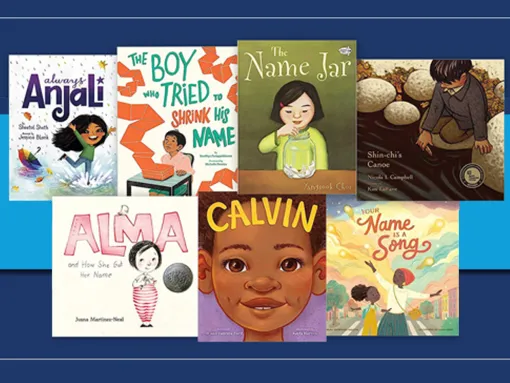
When violence is in the news, it’s important to watch out for biases that are present in and activated by news coverage and commentary. When Israel is in the headlines, antisemitic incidents spike and antisemitic rhetoric on social media also increases. Additionally, geopolitical conflicts in the Middle East often activate bias towards people of Middle Eastern descent. War and violence inspire strong emotions, which can activate conscious and unconscious biases about groups of people. It…



























